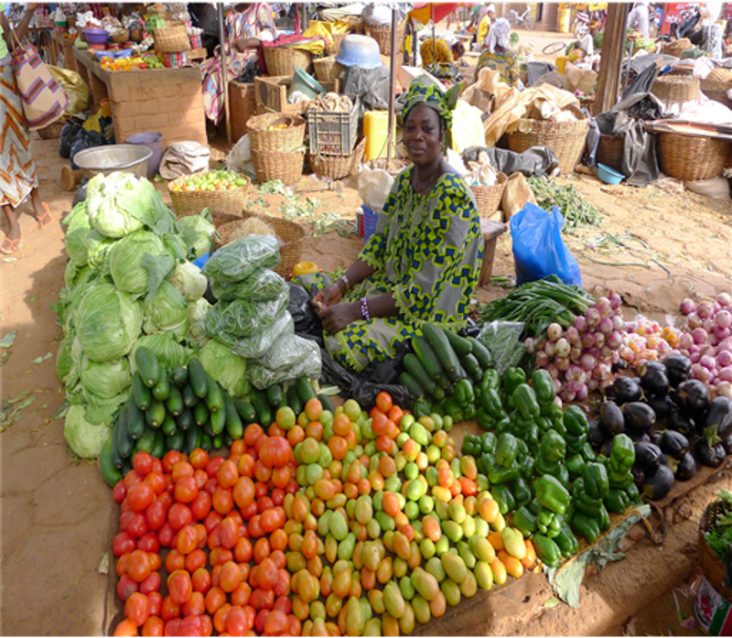Speeches Shim

The Feed the Future Zambia Policy Strengthening Project tackles rural poverty and hunger through sound research, policy analysis, outreach, and capacity building. The project builds on the prior work of USAID’s Food Security Research Project through the Zambia Indaba Agricultural Policy Research Institute (IAPRI), a Zambia-based think tank dedicated to agricultural policy research and advocacy.
The activity enables IAPRI to continue contributing evidence-based recommendations that facilitate the growth of the agricultural sector and contribute to sustainable environmental management.
PROGRAM ACTIVITIES
The USAID/Zambia Policy Strengthening Project carries out agricultural policy research and outreach activities enabling the agricultural sector in Zambia to achieve sustainable and broad-based pro-poor agricultural development. In order to achieve this goal, the project enhances smallholder agricultural productivity, expands agricultural markets and trade, improves natural resource management, and expands the resilience of vulnerable households to external shocks.
|
PROGRAM ACHIEVEMENTS
- Using project recommendations, the Government of the Republic of Zambia (GRZ) implemented the flexible electronic voucher subsidy in the agricultural sector from 2015. By 2016 the program created over 3,000 jobs. In the first year (2015) 15% of the households started diversifying from maize.
- Using project recommendations, the GRZ maintains a Strategic Maize Grain Reserve of less than 500,000 metric tons, which saves the local government’s Treasury millions of Zambian Kwacha that can be invested in other critical areas of the economy.
- The project promotes and recommends the participation of the private sector in agricultural commodity markets. Before these recommendations were taken on board, it was not uncommon to have over 1 million metric tons of Strategic Maize Grain Reserves.
- Key institutions have used project research results to refine and better target their interventions. For example, Musika Initiatives nutrition program targeting 40,000 households is based on project research results.
JOURNEY TO SELF-RELIANCE
USAID believes every person, every community, and every country wants to be empowered to lead their own future. We support self-reliance by walking alongside our friends on their development journey, as evolving but enduring partners. As partners on this journey, we are empowering host country governments and our partners to achieve locally-sustained results, helping countries mobilize public and private revenues, strengthening local capacities, and accelerating enterprise-driven development. This approach fosters stable, resilient, and prosperous countries that are more self-reliant, and prioritizes enduring partnerships.

Comment
Make a general inquiry or suggest an improvement.